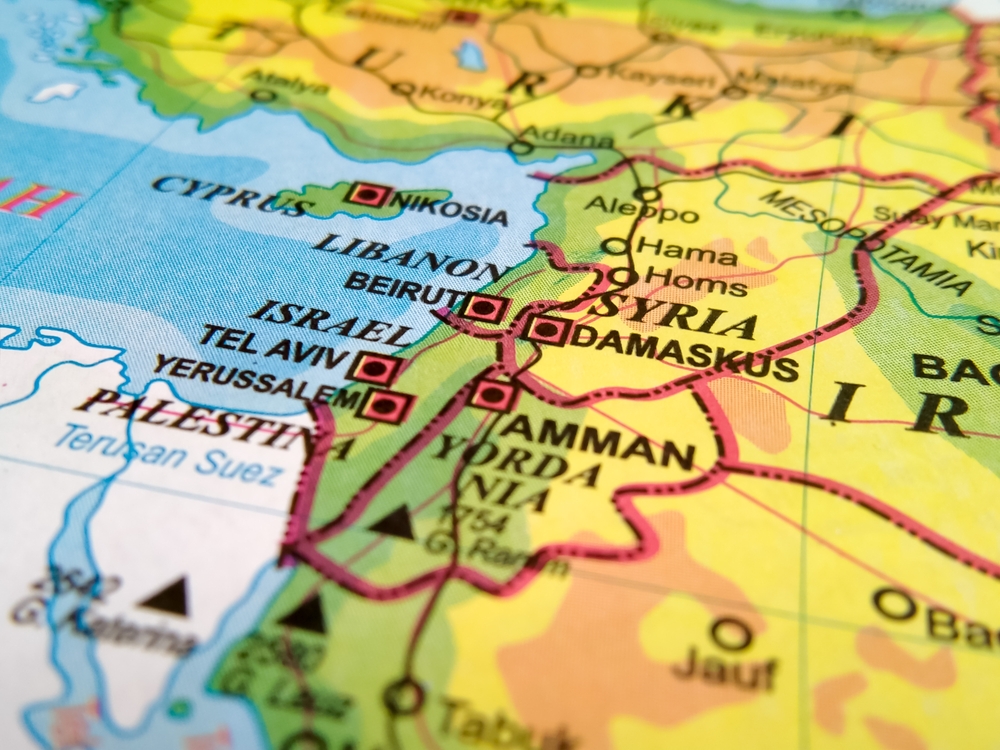Violence in Suwayda Sparks Regional Tension
The southern Syrian city of Suwayda has become the epicenter of renewed sectarian violence, with dozens of casualties reported after armed confrontations erupted between Druze militias and Bedouin tribes. The Syrian military intervened to regain control, intensifying the conflict and drawing in external actors. This intervention prompted Israeli airstrikes on Syrian government forces advancing toward Suwayda, further escalating the situation. The airstrikes targeted critical infrastructure and signaled a broader military engagement in response to the internal Syrian conflict.
The fighting has reignited fears among the Druze minority of marginalization and violence. Their demands for protection have grown louder as pro-government Islamist factions joined the battle. With internal discontent rising and national forces moving in, the situation on the ground has rapidly deteriorated. The presence of Druze armed groups and their refusal to disarm has added a layer of complexity, especially as government forces seek to assert full control in the province.
Disputed Ceasefire and Political Fractures
The Syrian government announced a ceasefire agreement, which includes a halt to all military operations and the formation of a local monitoring committee composed of Druze leaders. However, reactions within the Druze community remain divided. Some factions support the truce and cooperation with Damascus, while others continue to reject government involvement and advocate for armed resistance.
These internal divisions highlight the fragile state of local governance and the broader challenge of national integration. The Druze community, historically marginalized, remains cautious of the intentions of Syria’s new leadership. They have criticized the limited representation within government institutions and the exclusion of key leaders from national dialogue processes. The ceasefire’s durability is uncertain, given these political rifts and continued distrust between the Druze and central authorities.
Israeli Airstrikes and Regional Fallout
Israel has expanded its military presence in southern Syria, launching additional airstrikes following the deployment of Syrian forces to Suwayda. The strikes targeted areas near the presidential palace and the Ministry of Defense in Damascus. Israel stated that its military actions are in response to threats against the Druze community and are intended to deter further Syrian military advances into Druze-majority areas.
The Israeli military has reported that hundreds of Druze individuals crossed into Syria from the Golan Heights to support their community. Meanwhile, Israel has declared a demilitarized zone in southern Syria, barring the introduction of forces and weapons. This move has been rejected by the Syrian government as a violation of national sovereignty. As tensions escalate, the potential for broader regional conflict grows, especially if Israeli operations continue.
Normalization Efforts at Risk
Despite indirect diplomatic exchanges between Israel and Syria in recent months, the growing military activity has complicated potential efforts at normalization. Israeli airstrikes and increased troop presence have undermined discussions aimed at stabilizing relations. Syria’s new leadership has struggled to assert control while balancing domestic unrest and international pressure.
Efforts to consolidate authority have been challenged by ethnic and sectarian divisions, particularly the refusal of Druze militias to disarm. While some regional actors have promoted dialogue, the on-ground realities in Suwayda have exposed the fragility of current arrangements. Without meaningful inclusion and security guarantees for minority groups, long-term stability remains elusive. The situation continues to evolve, with uncertainty surrounding whether the ceasefire will hold or lead to further escalation.


